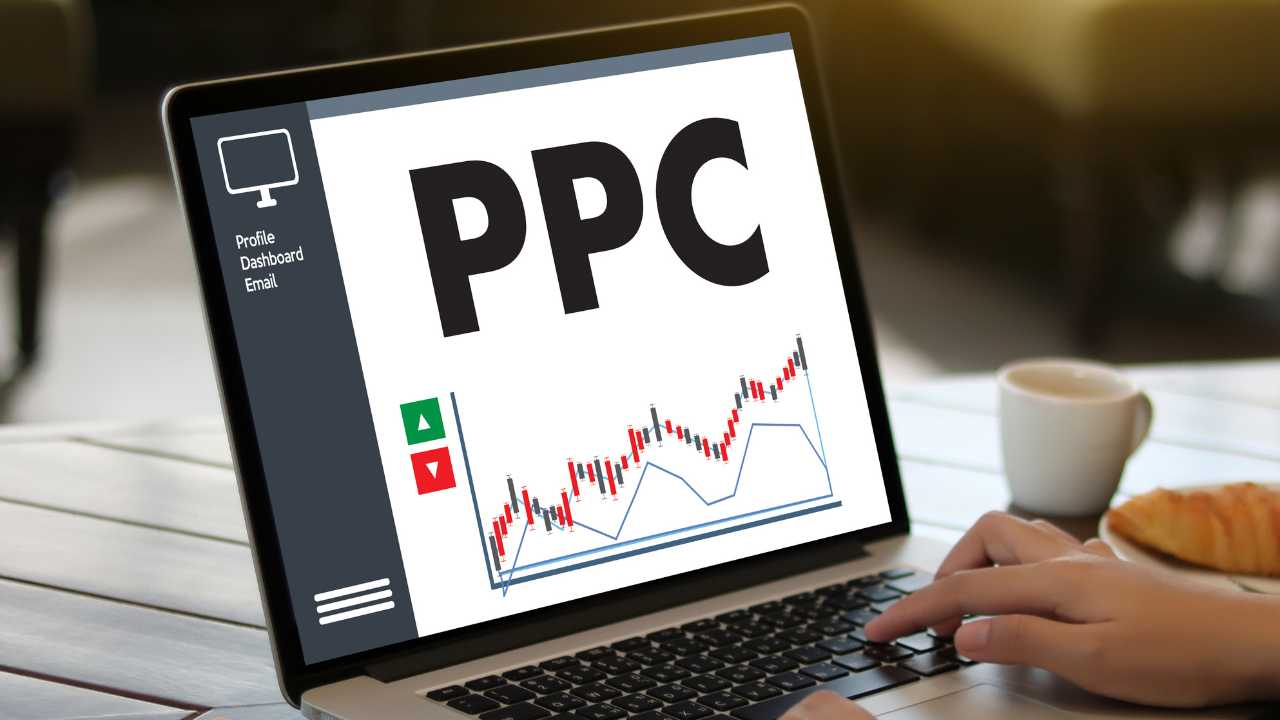In the ever-evolving landscape of digital marketing, PPC affiliate marketing emerges as a powerhouse strategy, offering unparalleled opportunities for businesses to expand their reach, drive conversions, and boost revenue. This comprehensive guide will navigate you through the intricacies of PPC affiliate marketing, from its fundamental principles to advanced optimization techniques, ensuring you harness its full potential.
Understanding PPC Affiliate Marketing
Basics of PPC Affiliate Marketing
PPC affiliate marketing revolves around a simple yet powerful concept: advertisers pay a fee each time their ad is clicked, driving traffic to the affiliate’s website. Unlike traditional advertising models, where payment is based on impressions or actions, PPC (Pay-Per-Click) offers a more direct and measurable approach, making it a preferred choice for affiliate marketers.
How PPC Works for Affiliates
Affiliates partner with advertisers, promoting their products or services through targeted ads displayed on various platforms such as search engines, social media, or websites. By strategically placing these ads and optimizing keywords, affiliates aim to attract relevant traffic and earn commissions for every click or conversion generated.
Benefits of PPC Affiliate Marketing
Increased Revenue Generation
One of the most compelling advantages of PPC affiliate marketing is its potential to skyrocket revenue. With precise targeting and compelling ad copies, affiliates can drive high-quality traffic to their partner’s website, translating into increased conversions and commission earnings.
Targeted Advertising
Unlike traditional marketing methods that cast a wide net, PPC allows affiliates to hone in on specific demographics, interests, and buying behaviors. This targeted approach ensures that ads are displayed to users most likely to engage with the content, resulting in higher conversion rates and ROI.
Cost-Effectiveness
PPC offers a cost-effective solution for affiliate marketers, as advertisers only pay when their ads are clicked. This pay-as-you-go model eliminates the risk of wasted ad spend on ineffective campaigns, allowing affiliates to allocate their budget strategically and maximize ROI.
Setting Up a Successful PPC Campaign
Choosing the Right Affiliate Programs
The success of a PPC campaign hinges on partnering with the right affiliate programs that align with your niche and target audience. Conduct thorough research to identify reputable advertisers offering competitive commissions and quality products or services.
Keyword Research and Selection
Keywords form the backbone of any PPC campaign, influencing ad visibility, relevance, and ultimately, success. Leverage keyword research tools to identify high-volume, low-competition keywords relevant to your niche, ensuring your ads reach the right audience at the right time.
Creating Compelling Ad Copies
Crafting compelling ad copies is essential for capturing users’ attention and enticing them to click. Focus on crafting concise, persuasive headlines and compelling call-to-action (CTA) that highlight the unique selling propositions (USPs) of the product or service.
Optimizing PPC Campaigns for Success
Monitoring Performance Metrics
Continuous monitoring and analysis of performance metrics are crucial for optimizing PPC campaigns and maximizing ROI. Track key metrics such as click-through rate (CTR), conversion rate, and cost-per-acquisition (CPA) to identify areas for improvement and refine your strategy accordingly.
A/B Testing for Optimization
A/B testing, also known as split testing, allows affiliates to compare the performance of different ad variations and identify which elements resonate best with their audience. Experiment with different headlines, ad copies, and visuals to uncover insights and refine your campaigns for optimal results.
Common Pitfalls to Avoid in PPC Affiliate Marketing
Keyword Stuffing
Overloading ad copies or landing pages with irrelevant keywords can harm your campaign’s performance and credibility. Focus on quality over quantity, ensuring that keywords are seamlessly integrated into your content while maintaining readability and relevance.
Ignoring Negative Keywords
Neglecting to incorporate negative keywords into your PPC campaigns can result in wasted ad spend and poor targeting. Identify irrelevant or low-converting keywords that may trigger your ads and add them to your negative keyword list to refine your targeting and improve ROI.
Neglecting Landing Page Optimization
A well-optimized landing page is crucial for maximizing conversions and ROI in PPC affiliate marketing. Ensure your landing page is user-friendly, visually appealing, and optimized for mobile devices, with clear CTAs and relevant content that aligns with the ad’s messaging.
PPC Affiliate Marketing vs. Traditional Marketing
Cost-Effectiveness
Compared to traditional marketing channels such as print or television advertising, PPC offers a highly cost-effective solution with measurable results and a pay-for-performance model.
Targeting Capabilities
PPC platforms provide robust targeting capabilities, allowing advertisers to reach specific demographics, interests, and behaviors with pinpoint accuracy, unlike traditional methods that rely on broad demographic data.
Measurable Results
PPC campaigns offer real-time analytics and performance tracking, providing advertisers with actionable insights into their campaign’s effectiveness and ROI. In contrast, traditional marketing methods often lack the immediacy and granularity of data provided by digital channels.
FAQs
What is PPC affiliate marketing?
PPC affiliate marketing is a digital marketing strategy where advertisers pay affiliates a commission for driving traffic to their website through pay-per-click ads.
How does PPC affiliate marketing differ from traditional marketing?
PPC affiliate marketing offers a more targeted and measurable approach compared to traditional marketing methods, allowing advertisers to reach specific audiences and track the effectiveness of their campaigns in real-time.
How do I choose the right affiliate programs for PPC marketing?
When selecting affiliate programs for PPC marketing, consider factors such as relevance to your niche, commission structure, product quality, and reputation of the advertiser.
What are negative keywords, and why are they important in PPC campaigns?
Negative keywords are terms or phrases that you specify to prevent your ads from being triggered by irrelevant searches. Incorporating negative keywords helps refine your targeting and improve the quality of traffic to your website.
How can I optimize my landing page for better PPC performance?
To optimize your landing page for PPC performance, focus on creating a seamless user experience, including clear CTAs, relevant content, and mobile optimization. Test different elements to identify what resonates best with your audience.
Is PPC affiliate marketing suitable for all businesses?
While PPC affiliate marketing can be effective for many businesses, its suitability depends on factors such as industry, target audience, and budget. Conduct thorough research and testing to determine if PPC aligns with your marketing objectives and resources.
Conclusion
PPC affiliate marketing offers unparalleled opportunities for businesses to expand their reach, drive conversions, and maximize revenue in today’s competitive digital landscape. By understanding its fundamental principles, leveraging advanced optimization techniques, and avoiding common pitfalls, affiliates can unlock the full potential of PPC marketing and propel their business to new heights of success.




